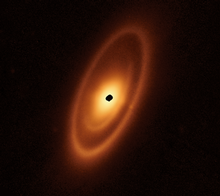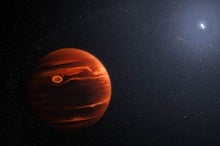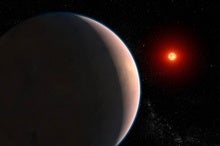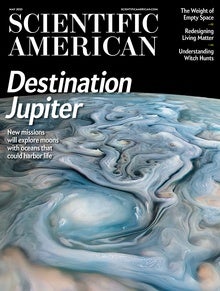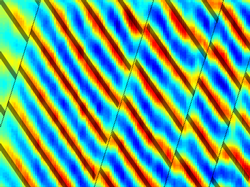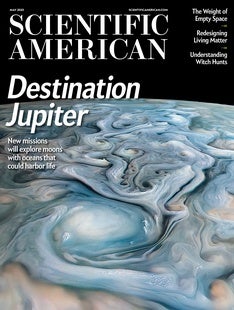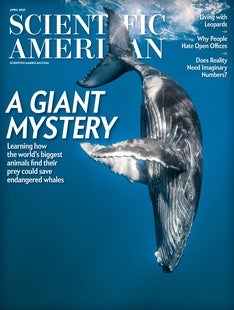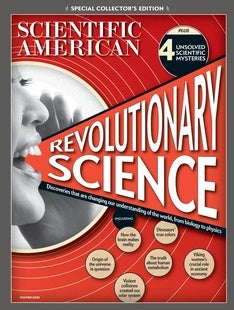 |
| May 11, 2023 |
This week, we’re worried about the future. The future of NASA’s planetary science programs, to be specific. Our top story explores how the space agency’s awesome (and awesomely ambitious) plans for multibillion-dollar future missions to Mars and Jupiter’s moon Europa could backfire, with the potential for cost overruns and delays from those bigger projects cascading to negatively impact many others that are smaller and more vulnerable. Are the space agency’s sky-high aspirations at risk of cratering due to harsh budgetary realities? Read the article for the latest in this debate. But don’t forget to read our other stories, too — such as this week’s trio of pieces about the ongoing success of NASA’s JWST, the orbital observatory with a $10 billion price tag that, prior to its launch, was also pilloried for siphoning resources from other astrophysics projects. JWST’s transformative observations clearly show that heavy investments in audacious efforts can pay off handsomely; let us hope for similar dazzling outcomes from NASA’s planetary science plans. Elsewhere, we also have stories on a breakthrough in quantum topology, the strange math behind Benford’s Law, the physics of peanut butter, and more. Enjoy! |
| | Lee Billings, Senior Editor, Space & Physics | |
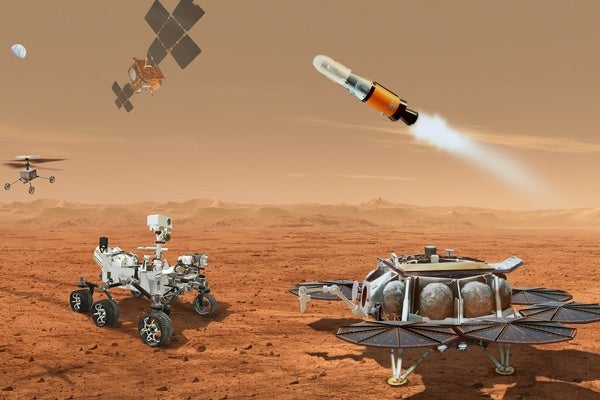 |
| |
| |
| |
| |
| |
| |
| |
| Artificial Intelligence How AI Knows Things No One Told It Researchers are still struggling to understand how AI models trained to parrot internet text can perform advanced tasks such as running code, playing games and trying to break up a marriage | | | | |
FROM THE STORE
 | | | |
| |
FROM THE ARCHIVE
 | | | |
LATEST ISSUES
 |
| |
| Questions? Comments?  | |
| Download the Scientific American App |
| |
| |




